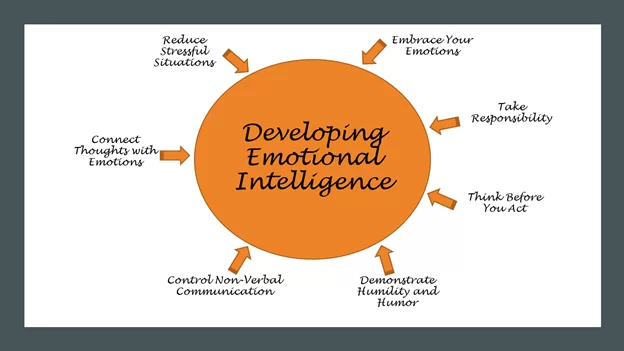Being good at Emotional Intelligence (EI) can help you achieve win-win situations. For me, the bottom line of EI is to understand your emotions, and the way you do things based on those emotions, and to understand the emotions of people around you and the way they do things based on those emotions. Then you try to find a balance, a collaboration, or a win-win situation. Once you start to understand those emotions, you can think about them and take some action.
After a recent speech in Chicago, Illinois, someone asked me why I am so fond of EI. My answer was that EI forces me to assess myself in relation to those around me. It drives me to seek balance or to create collaboration. Once you start to understand those emotions, you can think about them and take some action.
Leading or following using EI principles means that you accept the need to engage, to communicate, and to pursue shared understanding. EI can be really simple if you can understand yourself and how you react. It can help you if you understand others with whom you interact, and then examine how they react to their emotions. Then you can try to find a middle ground. It might not be middle ground; it might be 60-40 in someone’s favor to get it to work. But you must remember that the only way that you’re going to understand their emotions and the way they react is to engage.
Note: RFL is Right Fit Leading, our approach to the leader and member development journey.

